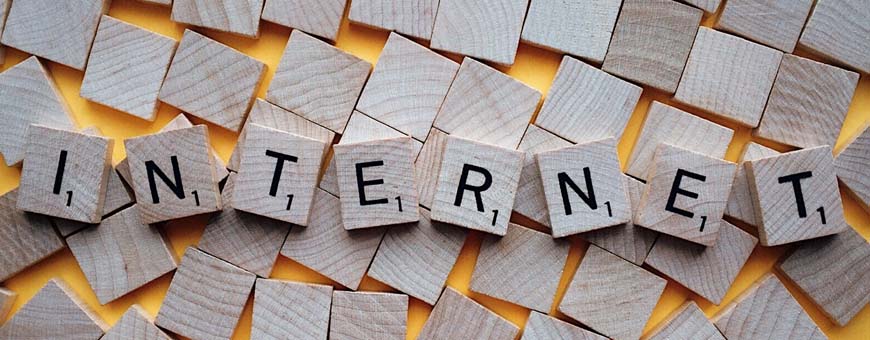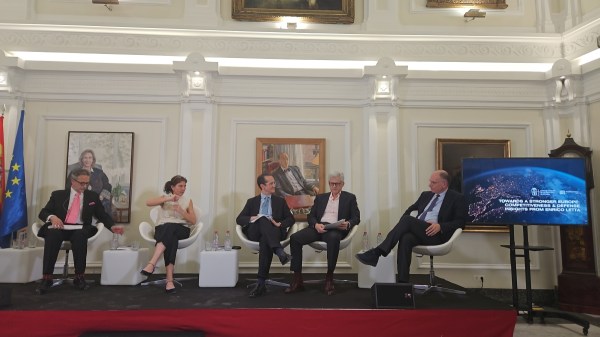Internet Interconnection works well, so don’t touch it. This was the conclusion of the Body of European Regulators for Electronic Communications (BEREC) in its 2012 Report on the Internet interconnection market. The workshop hosted by BEREC and the OECD held last November and also the BITS seminar on Internet & IP peering organized by Cullen and the University of Namur held last February came up with the same conclusion.
This conclusion seems to put a temporally end on the net neutrality debate about whether the Internet Interconnection should be regulated. Well, not all Internet Interconnection but only the interconnection between the Internet companies, also known as the Over The Top (OTT) players with the Internet Service Providers like Telefónica.
These Internet players were asking for access operators being forced worldwide by regulation to offer interconnection for free, that is, under a free peering regime, arguing that Access Operators were artificially creating congestions at interconnection to force OTTs and Internet middleman Carriers to paid for such interconnection, what is known as Paid Peering.
If something is not broken, don’t touch it. So, let’s keep market forces to find the equilibrium by themselves and only intervene if there is a market failure, after a carefully analysis and on a case by case basis.

Regulators have investigated this issue various times and have not found any wrong doing; “competition law, very careful approach or little interference” are the words most heard from them. Two evidences stand out:
- The Dutch regulator, ACM, which has implemented one of the fiercest regimes of Net Neutrality worldwide, has done a profound study of interconnection markets and found only competitive access markets with no sign of “degradation of Quality of Service (QoS) due to insufficient interconnection capacity”.
Moreover, ACM doesn’t see that paid peerings agreements indicates a market failure or anticompetitive behaviour.
- The conclusions of the surprise raid made by the European Commission (EC) in 2011 onto Telefónica, Deutsche Telekom and Orange headquarters certified that they were not behaving in an anticompetitive manner on their Internet interconnection negotiations after reviewing the real documents.
Furthermore, the Commission expressly highlighted that they didn’t find any indication of promoting own services over third party ones nor artificially create congestion at the interconnection.
These conclusions of ACM and the EC are only natural, because no operator would want to have interconnection problems or QoS issues affecting its Internet users as they can change of operator, and the user market is a fierce competitive one.
So we can conclude that if something is not broken, don’t touch it. Let’s keep market forces to find the equilibrium by themselves and only intervene if there is a market failure, after a carefully analysis and on a case by case basis.










